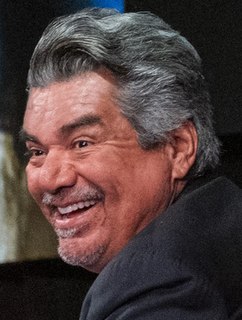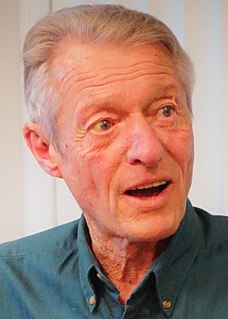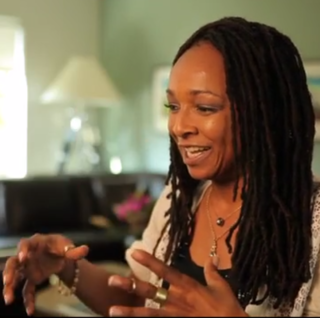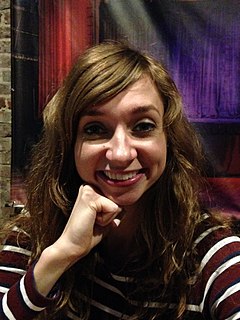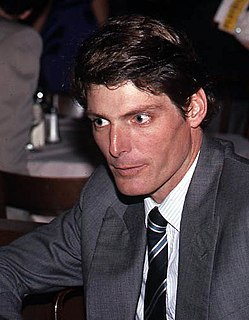A Quote by Nicholas Hammond
Few have had the good fortune I have had. My start in the business was with people like Peter Brooks and Michael Redgrave. Also, growing up as I did with a father in the military taught me to accept discipline and responsibility.
Related Quotes
My father had been in the military and he was a weapons specialist, so he had an affinity for weapons but also for the discipline of it. He taught us how to shoot when we were young. He opened up karate schools in the worst parts of the city, on purpose, and then he would systematically clean out a three-block radius, all of the gang-bangers and drug dealers and everybody of nefarious character.
There was sort of a negative association with the military. Maybe growing up in the South or being in a family with members of the military, I didn't have that negative connotation, but I did have this 'separate' connotation. I was ashamed to realize I had it and did not realize I had it until I was [in Iraq]. I was so impressed by the people I met over there and there was just a sense of connection and gratitude towards those people.
I wondered what my father had looked like that day, how he had felt, marrying the lively and beautiful girl who was my mother. I wondered what his life was like now. Did he ever think of us? I wanted to hate him, but I couldn't; I didn't know him well enough. Instead, I wondered about him occasionally, with a confused kind of longing. There was a place inside me carved out for him; I didn't want it to be there, but it was. Once, at the hardware store, Brooks had shown me how to use a drill. I'd made a tiny hole that went deep. The place for my father was like that.
George was the easy part. As for Michael, I had always liked the name, and my father's brother is named Michael. I thought it was a good idea because there are a lot of Greeks in England with the second name of Michael; as a child I had a Greek friend whose second name was Michael. It was like getting the name that I wanted without having to get rid of the Greek element.
It was as if my father had given me, by way of temperament, an impossibly wild, dark, and unbroken horse. It was a horse without a name, and a horse with no experience of a bit between its teeth. My mother taught me to gentle it; gave me the discipline and love to break it; and- as Alexander had known so intuitively with Bucephalus- she understood, and taught me, that the beast was best handled by turning it toward the sun.
I had the good fortune to be raised in the 1940s and the 1950s. As I entered business in the late 1950s and 1960s, America was just coming into its own as a great industrial power. It allowed young entrepreneurs to start their engines, to start their businesses, to borrow a little money and to leverage what they had.
I feel like in the reading I did when I was growing up, and also in the way that people talk and tell stories here in the South, they use a lot of figurative language. The stories that I heard when I was growing up, and the stories that I read, taught me to use the kind of language that I do. It's hard for me to work against that when I am writing.
My whole childhood when I was growing up, Michael Jackson was my husband. My cousins had Jackie Jackson and my sister had Jermaine Jackson. We all had the brothers, but Michael was my husband. So, to me, in my little 6-year-old or 13-year-old brain I'm talking to my husband. I don't want to get over excited. I don't want to sound too much like a screaming fan.

